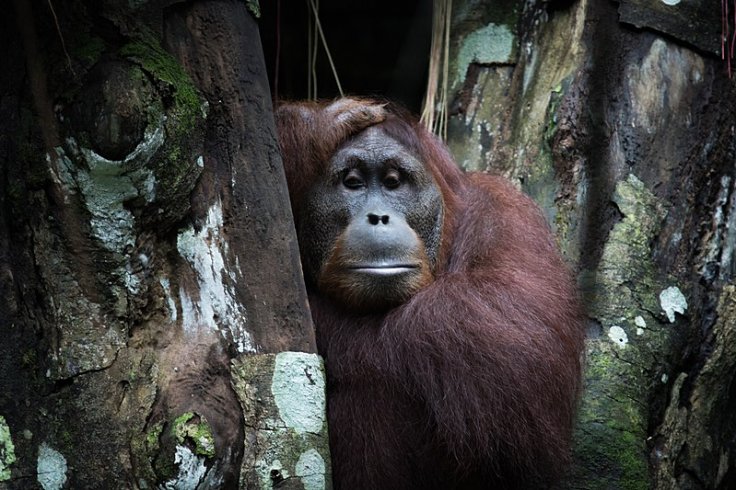Researchers at the University of Davis, California found that over 400 different species of vertebrates, including fish, birds, reptiles, amphibians, and mammals could potentially contract SARS-CoV-2 that causes COVID-19.
The team of scientists used genomic analysis to compare the main cellular receptor for SARS-CoV-2, in humans, angiotensin-converting enzyme-2 (ACE2), in 410 different species of vertebrates. The researchers found ACE2 on many different types of cells and tissues that include cells lining the mouth, nose, and lungs.
In the case of humans, 25 amino acids that makeup ACE2 are involved within the mechanism by which the virus binds to and gains entrance into the cells. As per the recent study, the researchers wanted to check whether there are any similarities in animals.
Joana Damas, postdoctoral research assistant said animals with all 25 amino acid residues matching the human protein "are predicted to be at the highest risk" for contracting novel Coronavirus via ACE2. "The risk is predicted to decrease the more the species' ACE2 binding residues differ from humans," the researcher added.
'Threatened' Species

The International Union for Conservation of Nature, an international organization working in the field of nature conservation and sustainable use of natural resources, has classified almost 40 percent of the species potentially susceptible to the virus that causes COVID-19 as "threatened." As per the experts, these species are especially vulnerable to human-to-animal transmission.
This includes several critically endangered primate species, Western lowland gorilla, Northern white-cheeked gibbon, and Sumatran orangutan. All the vulnerable species are predicted to be at a very high risk of infection by SARS-CoV-2 via the ACE2 receptor.
Marine mammals, bottlenose dolphins, and grey whales, as well as Chinese hamsters, are also flagged as high risk. As per the researchers, domestic animals such as cats, sheep, and cattle were found to have a medium risk. While dogs, pigs, and horses were found to have a low risk for ACE2 binding.
The lead author of the recent study Professor Harris Lewin said that the latest information provides an important starting point for identifying vulnerable and threatened animals who are at the risk of contracting novel Coronavirus. "We hope it inspires practices that protect both animal and human health during the pandemic," Lewin added.
However, the team of scientists from the University of Davis has noted that the risks are based on computational results and the actual risk factors can be confirmed after further studies on this matter. But they believe that their recent findings should help other scientists to zero in on which species might have served as an intermediate host in the wild. They also said that the research findings will assist efforts to control another SARS-CoV-2 infection in humans and animals.










